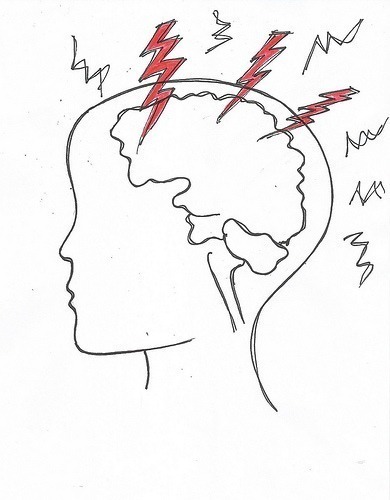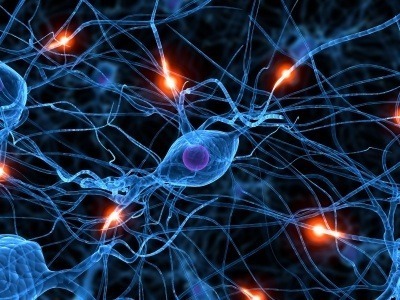Posts Tagged ‘neurology’
Dr. Sherrie All: A neuropsychologist shaping the future of cognitive wellness
What is your current job title and organization, and what excites you the most about working there? I’m the founder of the Chicago Center for Cognitive Wellness and consultant to Mather LifeWays. What excites me about working at both places is that it enables me to be a pioneer in helping people better understand and take…
Read MoreGood survey of brain stimulation methods, value and limitations
Stimulating the Brain: From If to How (The Dana Foundation): “Recent years have brought modern methods of brain stimulation into the mainstream of neurology and psychiatry. But their mechanism—how exactly deep brain stimulation (DBS) relieves Parkinson’s disease symptoms and how repetitive transcranial magnetic stimulation (rTMS) improves depression, for example—remains obscure. Research
Read MoreBeyond helmets: concussions require proactive, individualized monitoring and rehab
New Concussion Guidelines Stress Individual Treatment (The New York Times): “The American Academy of Neurology said Monday that it had revised its guidelines for handling concussions to emphasize treating athletes case by case rather than according to a predetermined scale…In noting that more than a million American athletes
Read MoreTo Harness Neuroplasticity, Start with Enthusiasm
We are the architects and builders of our own brains. The human brain is continually altering its structure, cell number, circuitry and chemistry as a direct result of everything we do, experience, think and believe.
Read MoreResearch on ‘Chemo Brain’: MRI Shows Brain Changes After Chemotherapy
‘Chemo Brain’: MRI Shows Brain Changes After Chemotherapy (Medscape): — “Breast cancer survivors who have been treated with chemotherapy show significant changes in brain activity, measured by functional magnetic resonance imaging (fMRI), according to a study published in the November issue of the Archives of Neurology.” — “The finding validates patients’ claims of reduced cognitive function after…
Read MoreNovaVision selling assets (neuroplasticity-based Visual Restoration Therapy)
We mentioned in our recent market report that NovaVision had declared bankrupcy. The company tried to transform its business model in the last couple of years — obviously it didn’t work. Now the trustee is sharing a few more details and looking for ways to dispose of its assets: NovaVision’s FDA-Cleared Visual Restoration Therapy (VRT) System…
Read More




